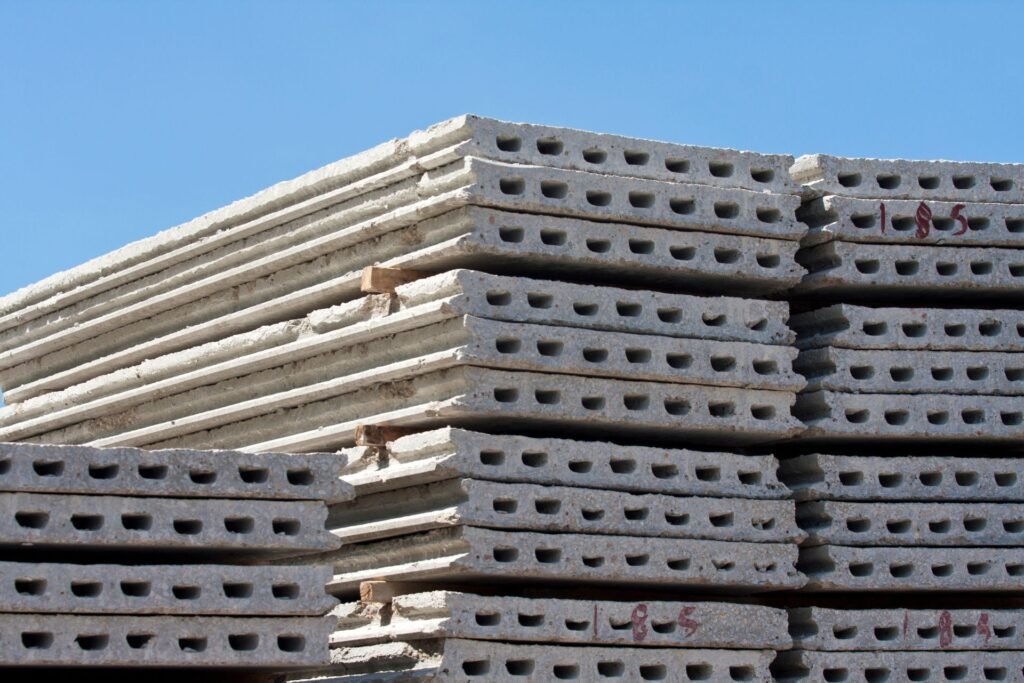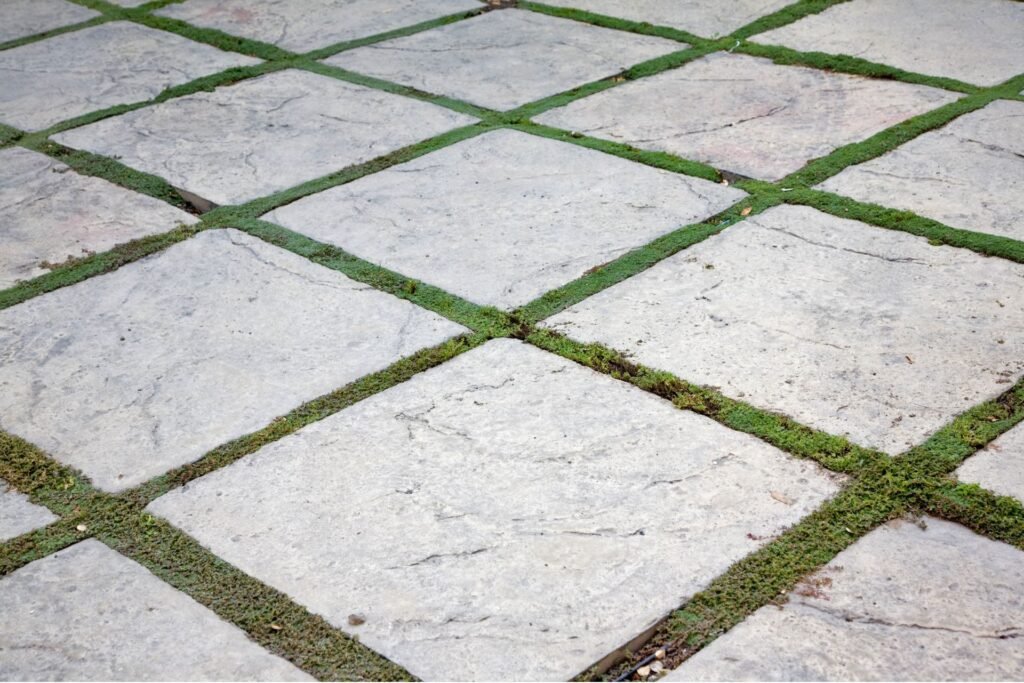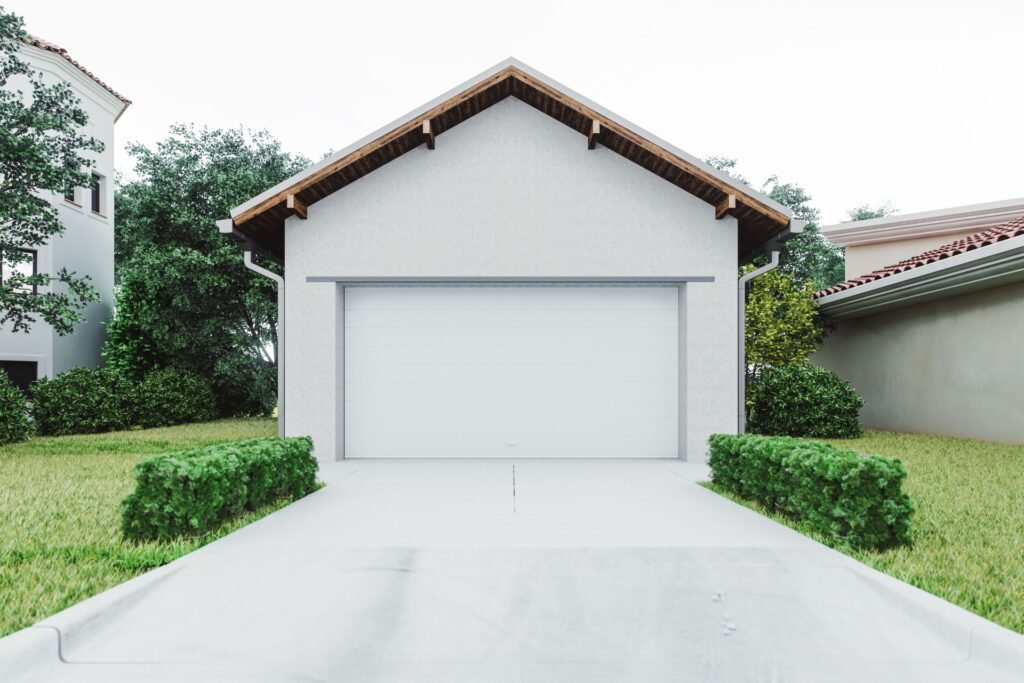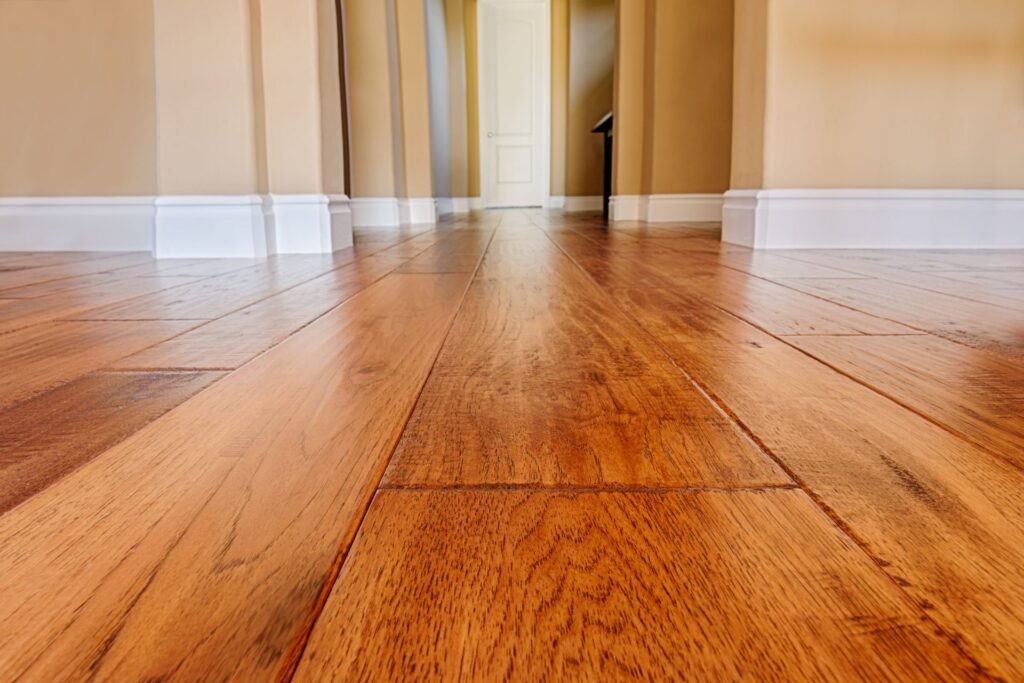Welcome to our comprehensive guide on understanding the costs of concrete slab foundations in New Zealand. Choosing the right foundation is crucial, whether you’re building a new home or a commercial property, and concrete slab foundations are a popular choice due to their durability and efficiency. In this guide, we’ll explore what concrete slab foundations are, discuss the various factors that influence their cost, and provide you with all the necessary details to help you make an informed decision. Whether you’re planning a project or simply curious about costs, we’ve got you covered with insights into materials, labor, site preparation, and more, all tailored to New Zealand’s unique building requirements and climate conditions.
On average, the cost of a concrete slab foundation in New Zealand varies significantly based on several factors such as size, thickness, materials used, and labor costs. For a typical residential project, costs can range from NZ$100 to NZ$150 per square meter. Factors like site accessibility, the complexity of the job, and regional variations also play crucial roles in determining the final price. Additionally, costs may increase if extra work such as excavation, site preparation, or special reinforcements are needed. This guide provides a detailed breakdown of these costs and offers practical advice for budgeting your project effectively.
Table of Contents
What Is A Concrete Slab Foundation?
Concrete slab foundations are a popular choice for building structures, providing a solid, durable base. In this guide, we delve into what exactly a concrete slab foundation is, explore its different types, and weigh the pros and cons of choosing one for your construction needs in New Zealand’s unique climate.
Definition and Description of a Concrete Slab Foundation
A concrete slab foundation is a single layer of concrete, several inches thick, poured directly on the ground. This slab is typically reinforced with steel rods or mesh to enhance its strength and durability. The concrete slab acts as both the foundation for a building and the subfloor for the ground level. It’s a critical component in ensuring the structural integrity and stability of the building.
Types of Concrete Slab Foundations
Concrete slab foundations come in various types, each designed to address specific building requirements and soil conditions:
Monolithic Slab Foundations: These are poured all at once, integrating the footing and the slab into a single concrete pour. This type is particularly effective in areas with stable soils and where frost heave is not a concern.
Floating Slab Foundations: Also known as a slab-on-grade, this type does not integrate deep footings. Instead, it floats on the surface and moves with the ground as it expands and contracts. Floating slabs are suitable for sheds, garages, and small outbuildings.
Frost Protected Slab Foundations: Designed for cold climates, these foundations include insulation panels placed around the edges of the slab to prevent freezing temperatures from penetrating the ground underneath the slab, thus protecting the structure from frost heaving.
Advantages and Disadvantages of Concrete Slab Foundations in New Zealand’s Climate
Choosing a concrete slab foundation in New Zealand offers several benefits and drawbacks:
Advantages
Durability and Strength: Concrete slab foundations are known for their strength and longevity, making them ideal for the seismic activity prevalent in New Zealand.
Cost-Effectiveness: Compared to other foundation types, slab foundations are generally less expensive to install, as they require less excavation and labor.
Pest Resistance: Unlike wood-based foundations, concrete does not attract termites or rot, which can be particularly beneficial in New Zealand’s varied climate.
Disadvantages
Limited Access to Utilities: Since utilities such as plumbing and electrical systems are often embedded in the slab, repairs can be disruptive and costly.
Comfort and Insulation: Concrete slabs can feel cold underfoot, especially in winter, unless properly insulated, which can increase construction costs.
Soil Requirements: Slab foundations require stable, non-expansive soils to minimize the risk of cracking. In areas of New Zealand where soil conditions are poor, additional groundwork may be necessary, increasing the overall cost.
In conclusion, a concrete slab foundation offers a robust, cost-effective option for many building projects in New Zealand, particularly where ground conditions are favorable and budget constraints are considered. However, it’s crucial to weigh these factors alongside the potential drawbacks, such as insulation challenges and the difficulty of accessing embedded utilities, to make the best choice for your specific construction needs.

Factors Influencing The Cost Of Concrete Slab Foundations In NZ
When considering the construction of concrete slab foundations in New Zealand, several factors directly influence the overall cost. Understanding these components can help potential homeowners and builders budget effectively and make informed decisions. Here’s a breakdown of the key factors that contribute to the cost of concrete slab foundations:
Materials
The choice of materials is pivotal in determining the cost of a concrete slab foundation. Typically, concrete mix and reinforcement materials such as steel bars are essential. The type of concrete mix can vary based on the strength required for the specific structure; higher-strength mixes tend to be more expensive. Additionally, the choice between rebar or wire mesh for reinforcement, along with the required thickness and quality, can significantly affect the material costs. These choices are often influenced by the geographical location and the environmental conditions of the site.
Size and Thickness
The dimensions of the concrete slab — particularly its size and thickness — play a crucial role in cost determination. Larger and thicker slabs require more concrete and reinforcement, which directly increases material costs. The thickness of the slab is often dictated by the type of structure it supports; for instance, slabs intended to support heavier loads need to be thicker and are consequently more expensive. Calculating the correct size and thickness is vital to ensure durability without overspending.
Labor Costs
Labor costs in New Zealand can vary significantly based on several factors. These include the complexity of the project, the location of the construction site, and the accessibility of the site. Urban areas might have higher labor costs due to higher living costs, whereas remote areas could incur extra charges due to travel times and difficulties in transporting materials. The skill level of the workers also impacts labor costs; specialized tasks or quicker construction times require skilled labor, which is more costly.
Site Preparation
Before laying a concrete slab, the site must be adequately prepared. This preparation includes clearing the land, excavation, and possibly grading the site to ensure it is level and stable. These tasks require machinery and labor, which add to the overall cost. The extent of site preparation needed can vary widely depending on the existing conditions of the site — undeveloped or rough terrains typically require more extensive and thus costlier preparations.
Building Codes and Permits
Compliance with local building codes and obtaining the necessary permits is a critical and sometimes costly part of constructing a concrete slab foundation in New Zealand. Regulatory requirements can affect the type of materials used, the methods of construction, and the overall design of the foundation. These regulations ensure safety and sustainability but can introduce additional costs in terms of both time and money. It’s essential to account for these when planning the budget as non-compliance can lead to costly penalties and delays.
Understanding these factors can help anyone planning to build in New Zealand make more accurate financial estimates and strategic decisions. Proper planning and budgeting, taking into account all these aspects, will lead to a smoother construction process and potentially lower overall costs.

Average Costs Of Concrete Slab Foundations In NZ
When building a new home or extension in New Zealand, understanding the costs associated with concrete slab foundations is essential. Concrete slabs are a popular choice due to their durability and strength, but the costs can vary significantly depending on several factors, including the region, project size, and additional requirements. In this comprehensive guide, we’ll explore the average costs of concrete slab foundations across New Zealand, breaking down the expenses for small, medium, and large projects and highlighting any additional costs that might be incurred.
Regional Variations in Costs
The cost of a concrete slab foundation can differ notably from one region to another in New Zealand. For instance:
Auckland: As one of the most expensive cities in New Zealand, construction costs here tend to be higher. Average prices for concrete slab foundations can range from $250 to $300 per square meter.
Wellington: Due to its geographical constraints and potential for seismic activity, Wellington might incur slightly higher costs, approximately $240 to $290 per square meter.
Christchurch: After the rebuilds following the earthquakes, Christchurch has a lot of expertise in foundation work, with costs averaging between $230 and $280 per square meter.
Dunedin and smaller towns: In smaller cities and rural areas, costs can be slightly lower due to reduced labor and material costs, typically ranging from $220 to $270 per square meter.
Project Size and Cost Breakdown
The size of your project plays a crucial role in determining the overall cost of a concrete slab foundation:
Small projects (e.g., a garage or small addition): These projects usually cost less due to the reduced amount of materials and labor required. Costs might range from $5,000 to $10,000.
Medium projects (e.g., a standard family home): A typical family home might require a foundation costing between $10,000 and $20,000, depending on the complexity and footprint of the structure.
Large projects (e.g., multi-family homes or commercial buildings): These can easily exceed $20,000 to $40,000 as they require more extensive materials, labor, and potentially complex designs to accommodate larger loads.
Additional Costs to Consider
Beyond the basic costs of the concrete slab itself, several additional expenses should be considered in your budget:
Drainage systems: Proper drainage is crucial to protect the foundation from water damage. Installing a drainage system can add $2,000 to $5,000 to your foundation costs, depending on the site and the complexity of the system needed.
Ground preparation: Depending on the condition of your building site, additional ground preparation such as leveling and compacting might be necessary, potentially adding $1,000 to $3,000 to your project.
Special treatments: In areas prone to seismic activity or excessive moisture, special treatments for reinforcement or waterproofing might be required. These treatments can increase costs by 10% to 15% of the total foundation cost.
Investing in a well-constructed concrete slab foundation is crucial for the longevity and safety of your structure in New Zealand. By understanding the different factors that influence the cost, including regional variations, project size, and additional required investments, you can better plan your construction budget. Remember to consult with local experts and obtain multiple quotes to ensure you are getting the best price and quality for your concrete slab foundation.

Comparing Costs: Slab VS. Other Foundation Types
When building a new home in New Zealand, one of the crucial decisions you’ll face is selecting the right type of foundation. This foundation will not only support your home but also protect it from soil and weather-related issues. The most common types of foundations in New Zealand include slab foundations, crawl spaces, and basements. Each has its own set of advantages, disadvantages, and costs, making it essential to understand these aspects before making a decision.
Slab Foundations
Pros
Cost-Effectiveness: Slab foundations are generally the least expensive option to construct because they require less labor, and fewer materials, and can be completed faster than other types.
Durability and Maintenance: With fewer risks of flooding or pest infestation, slab foundations typically offer a worry-free solution with minimal maintenance required.
Energy Efficiency: Being closer to the ground, slab foundations can reduce the amount of heat lost, thereby improving the energy efficiency of your home.
Cons
Comfort: Slab foundations can feel hard underfoot, which might be uncomfortable for some, especially in areas used frequently like kitchens or living rooms.
Accessibility for Repairs: Any repairs to plumbing or electrical systems can be more challenging and expensive, as these are usually embedded in the concrete.
Crawl Space Foundations
Pros
Accessibility for Repairs: Unlike slab foundations, crawl spaces offer easier access to plumbing and electrical systems, making repairs less invasive and potentially cheaper.
Protection from Soil Swelling: Crawl spaces can be beneficial in areas with expansive soils as they help mitigate structural damage caused by soil movement.
Cons
Cost and Maintenance: They can be more expensive to build and maintain due to the need for ongoing moisture control and insulation to prevent mold and rot.
Pest Control: Crawl spaces can attract pests if not properly maintained, adding to the upkeep cost.
Basement Foundations
Pros
Additional Space: Basements provide significant additional living or storage space, which can be a substantial advantage, especially in smaller homes.
Energy Efficiency: Being fully underground, basements offer excellent insulation properties, helping to keep your home warmer in the winter and cooler in the summer.
Cons
Cost: Basements are the most expensive type of foundation due to the extensive excavation and construction required.
Risk of Water Issues: Basements can be prone to water ingress, requiring effective waterproofing measures to prevent moisture accumulation and potential damage.
Suitability for Different Soil Types
The choice of foundation also depends significantly on the soil type. For example, slab foundations might be more suitable for stable, non-expansive soils, whereas areas with volatile soil conditions might benefit from the flexibility that crawl spaces offer. Basements, while providing many benefits, might not be suitable in areas with high water tables or flood-prone zones.
In conclusion, when comparing slab foundations with crawl spaces and basements, each type offers distinct benefits and challenges. The choice largely depends on budget constraints, soil type, and personal preferences regarding space and maintenance. Understanding these factors will help ensure that you choose the most appropriate foundation for your new home in New Zealand, providing safety, comfort, and durability for years to come.

How To Save Money On Your Concrete Slab Foundation
When embarking on a construction project that involves laying a concrete slab foundation, one of the significant considerations is the balance between cost and quality. Understanding when you can DIY versus when to hire professionals, sourcing materials economically, and investing in quality for long-term savings are crucial factors that can impact both your project’s upfront and ongoing costs. Here’s a detailed exploration of Section 5: How to Save Money on Your Concrete Slab Foundation.
DIY vs. Professional Installation
When It’s Safe to DIY: DIY installation of a concrete slab can be a cost-saving approach for smaller or less critical projects, such as building a shed or a small patio. For these types of projects, if you have a basic understanding of the process—which includes site preparation, creating forms, mixing and pouring concrete, and finishing the surface—you might manage to save on labor costs. Moreover, handling such a project on your own can offer a rewarding sense of accomplishment.
When to Call the Professionals: For more extensive projects, such as foundations for a home or large structures, professional expertise is crucial. Professional contractors ensure that the foundation meets specific building codes and standards, which are vital for safety and will also impact the longevity and stability of your structure. The risk of improper installation can lead to significant repair costs down the line, far outweighing the initial savings from a DIY approach.
Tips on Sourcing Materials and Hiring Contractors
Sourcing Materials: To get the best deals on materials, start by shopping around and comparing prices from multiple suppliers. Consider bulk purchasing with neighbors or other contractors to leverage lower prices through higher volume orders. Don’t overlook the possibility of using recycled concrete, which is not only cost-effective but also environmentally friendly.
Hiring Contractors: When it comes to hiring contractors, thorough vetting is essential. Request quotes from several contractors to ensure competitive pricing and check their references and past work to gauge their reliability and quality of work. It’s often worth negotiating terms that might include aspects such as timing, payment plans, or certain materials to be used. A well-negotiated contract can lead to significant cost savings.
Investing in Quality to Reduce Future Maintenance Costs
While it might be tempting to choose the cheapest options available, investing in high-quality materials and professional installation can lead to lower maintenance costs over time. Higher quality concrete and reinforcement materials can extend the life of your foundation, reducing the likelihood of cracks, shifts, and water damage. Furthermore, a well-constructed foundation reduces the risk of costly future modifications and repairs.
Selecting the right approach for your concrete slab foundation is more than a simple cost calculation—it’s about understanding the balance between immediate expenditures and long-term value. By carefully planning your project with a focus on quality and professional guidance, you can ensure that your foundation is cost-effective, durable, and reliable for years to come.

Case Studies
In this comprehensive examination of recent concrete slab foundation projects in New Zealand, we delve into a trio of case studies that exemplify the varied scales and diverse geographic locations across the country. These case studies not only outline the meticulous planning and execution involved in each project but also provide a detailed breakdown of the actual costs, including any unforeseen expenses or noteworthy savings.
Case Study 1: Urban High-Rise, Auckland
The first case study focuses on a large-scale urban development in Auckland’s bustling central business district. This project involved the construction of a multi-story residential high-rise, demanding a robust concrete slab foundation capable of supporting significant loads. The planning phase was crucial, involving rigorous soil testing and structural engineering assessments to ensure stability in a densely populated urban area.
Execution of the foundation required precision coordination with multiple stakeholders, including city planners, architects, and construction crews. The project leveraged cutting-edge concrete pouring techniques to meet tight deadlines and stringent building codes. The actual costs came in around 10% higher than initial estimates due to unexpected ground preparation challenges, but these were mitigated by savings from bulk material purchases and efficient project management practices.
Case Study 2: Suburban Retail Center, Christchurch
Our second case study shifts to Christchurch, where a medium-scale retail center was developed in a suburban area. The project showcased a different set of challenges and solutions in laying a concrete slab foundation suitable for retail operations. Planning involved environmental impact assessments and community consultations to align with local development guidelines.
The execution phase was marked by an emphasis on sustainable building practices, including the use of recycled concrete materials and energy-efficient construction methods. The project’s actual costs were slightly under budget, thanks to effective resource allocation and proactive management of supply chain logistics, which avoided potential delays and additional costs.
Case Study 3: Rural Industrial Facility, Hawke’s Bay
The final case study takes us to a rural setting in Hawke’s Bay, where an industrial facility requires a heavy-duty concrete slab capable of withstanding heavy machinery and variable weather conditions. The planning process was extensive, with a focus on geological surveys to assess earthquake risks and soil stability in a less urbanized environment.
The execution of this foundation demanded specialized techniques to cope with the less accessible location and the need for durable, weather-resistant materials. Despite these challenges, the project managed to stay on budget. Significant savings were achieved through the use of local contractors and materials, which also contributed to boosting the local economy.
Each of these case studies provides valuable insights into the complexities of planning, executing, and financing concrete slab foundation projects across different scales and locations in New Zealand. They highlight the importance of detailed preparatory work, adaptive project management, and strategic cost control, offering practical lessons for future projects in the construction industry.

FAQs: About Concrete Slab Foundations In NZ
What is a concrete slab foundation?
A concrete slab foundation is a common type of building foundation consisting of a flat, horizontal surface made of cast concrete. It is typically used in regions where the ground does not freeze, making it popular in many parts of New Zealand.
How much does a concrete slab foundation cost per square meter in New Zealand?
The cost of a concrete slab foundation in New Zealand generally ranges from NZ$100 to NZ$150 per square meter. This price can vary based on the type of concrete used, the thickness of the slab, and regional labor costs.
What factors affect the cost of a concrete slab foundation?
Several factors can influence the cost, including the quality of materials, the size and thickness of the slab, labor costs, site accessibility, and the need for additional features like drainage systems or special finishes.
How does the size of the project impact the overall cost?
Larger projects typically benefit from economies of scale, which can lower the cost per square meter. However, larger slabs require more materials and labor, which can increase the total cost.
Are there any additional costs I should be aware of when budgeting for a concrete slab foundation?
Yes, additional costs may include site preparation, excavation, grading, and the installation of utilities. Depending on local building codes, you may also need to account for inspection and permit fees.
How do concrete slab foundation costs compare to other types of foundations?
Concrete slab foundations are generally more cost-effective than basement foundations but can be more expensive than crawl spaces depending on the construction specifications and ground conditions.
What is the lifespan of a concrete slab foundation?
A well-constructed concrete slab foundation can last many decades. Lifespan typically depends on environmental conditions and the quality of construction. Regular maintenance can also extend its longevity.
Can I install a concrete slab foundation myself to save costs?
While it is possible for those with experience in concrete work, installing a foundation involves critical steps that might require professional skills, especially to ensure it meets structural safety standards and local building codes.
What are the signs of problems with a concrete slab foundation?
Common signs include cracks in the foundation itself or in the walls of the building, doors or windows that no longer close properly, and uneven or sagging floors.
How can I ensure that my concrete slab foundation is installed correctly?
Hiring a reputable contractor with experience in laying concrete foundations in New Zealand is crucial. Ensure they adhere to all local building codes and standards. It’s also advisable to supervise the work and seek regular updates on the progress and any issues encountered during the installation process.
Conclusion
In wrapping up, it’s essential to revisit the main themes discussed throughout this article, underscoring the pivotal role of meticulous planning and budgeting in achieving successful outcomes. By taking the time to review your needs and financial capabilities, you lay a solid foundation for making informed decisions. Moreover, considering the complexity and uniqueness of individual scenarios, it’s highly advisable to consult with a professional who can provide tailored advice and guidance. This approach not only enhances your understanding but also boosts your confidence in managing your plans effectively.










